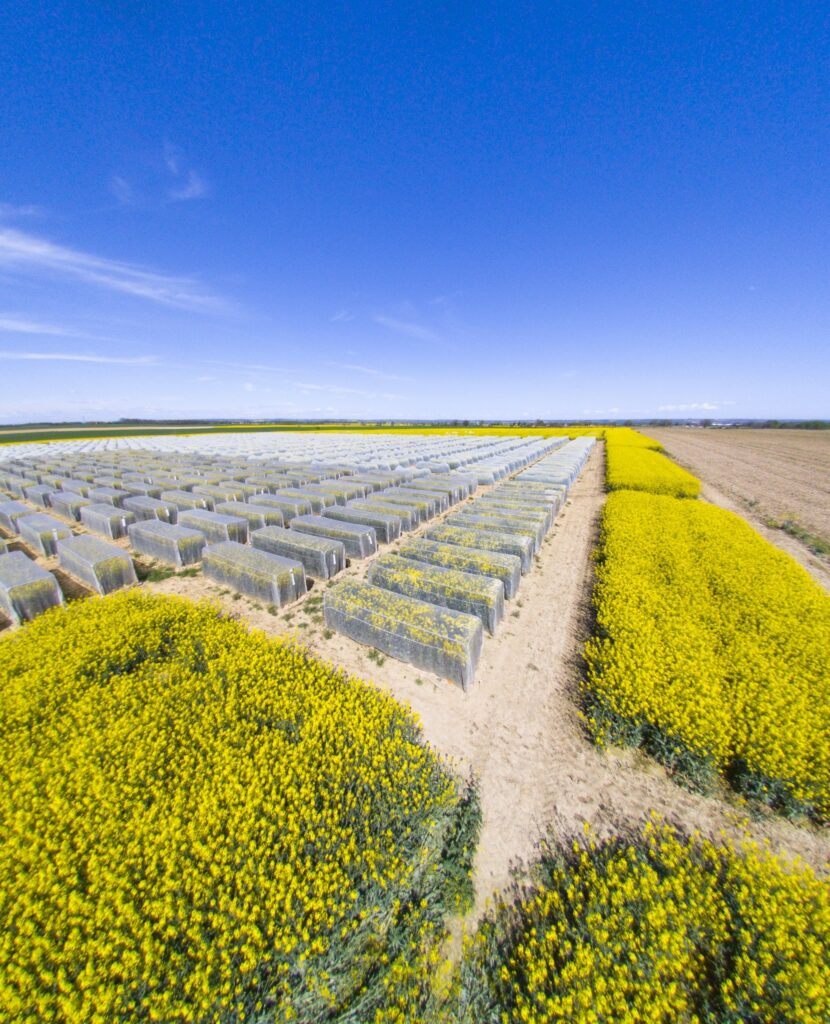In 2020, Euralis Seeds and Caussade Semences Group partnered to form a new seed company called LIDEA. One of the reasons we built this partnership was the added value that the rapprochement between Euralis Seeds and the Caussade Semences Group was giving us. In the current times, it is necessary for a multi-crops seed company to have a critical size in order to service the European market. This is vital for the three key pillars of a seed company: R&D; Operations and Sales & Marketing.
On the R&D size we felt that this was an absolute crucial aspect of building the new entity. We aim to service farmers across Europe in their needs for a number of crops. And so, you need to have a certain size of your plant breeding and corollary departments in order to develop a steady stream of high-end varieties and solutions that fit well in a multitude of European geographies, from North to South, and from East to West.
On the operations side, both legacy companies had seed plants in various European countries, and the formation of Lidea allowed for the creation of a number of large, well-equipped seed plants that can cover all of Europe. We now have multi-crops high quality seed plants in France, Spain, Romania, Ukraine and Russia. And last but not least, also on the commercial side, we had a strong desire to grow from a medium sized company to a large and stronger seed company, which was vital to compete in today’s world.
For many years, Euralis Seeds and Caussade Semences Group had already long-standing partnerships, for examples in the research programs for sunflower (Soltis), for oil crops (Innolea) or in the forage crops (GIE grass). What was really beneficial was that there was already a strong culture in both legacy companies towards collaboration. We are convinced that collaborations, both with public sector and/or private sector partners, are key to our success, and we will continue to build more of those structuring partnerships in the decade to come.
I would like to emphasize that most of the companies recognized the need and benefits of collaborations and partnerships, as these can really enhance your business success. But it is important to add that new collaborations deserve conscious efforts to succeed. For that, you need to build expertise and a culture within your company that is conducive to successful collaboration, and this has an impact on the structure of and roles within your organisation. The good news was that both the legacy companies already had such a culture in place and we now need to reinforce it and enlarge to other areas not yet fully explored. We are more than happy to bring the existing partnerships into Lidea and build new ones to ensure continuous success going forward.







